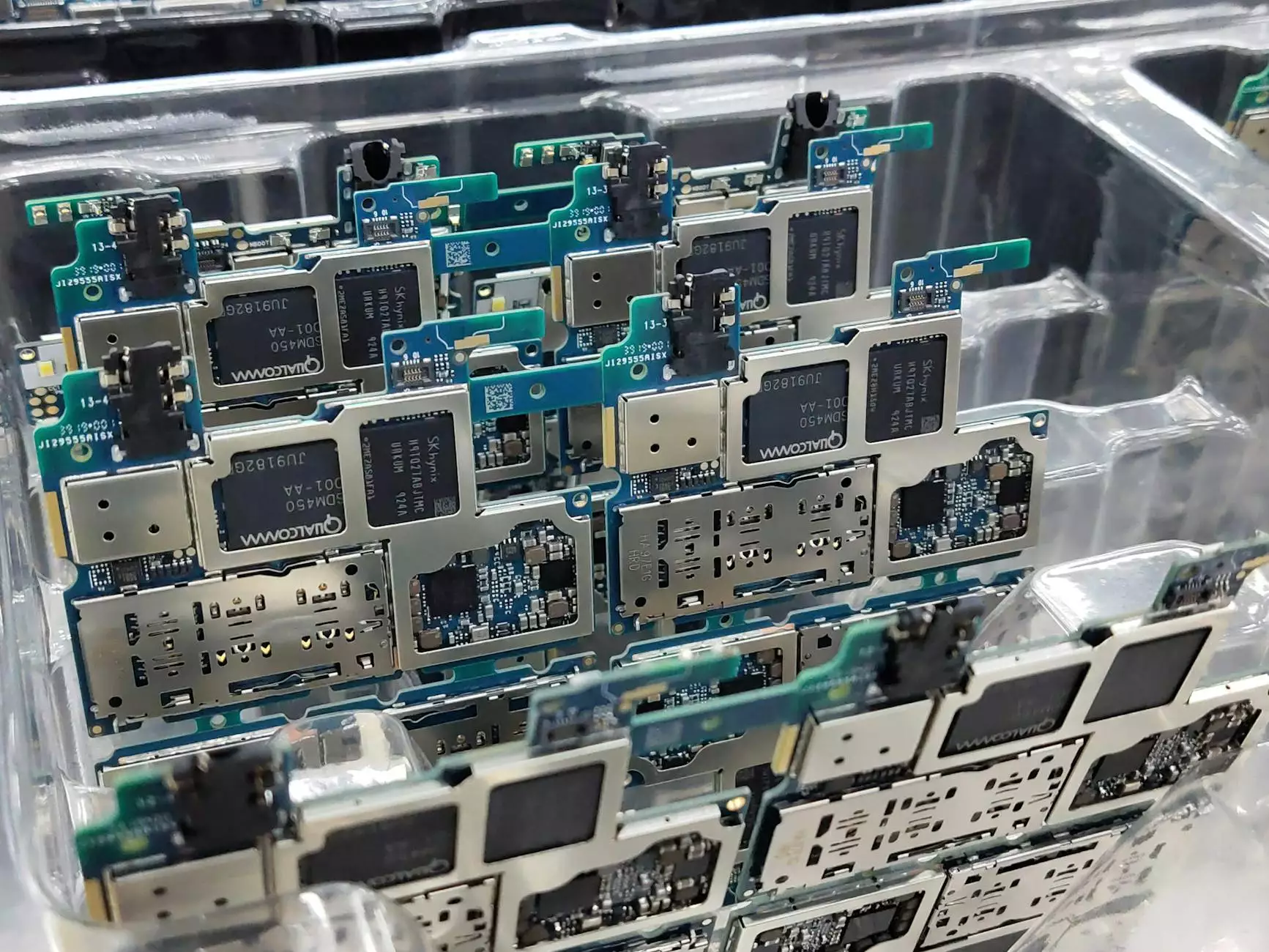What is a SIM Card?
Blog
A SIM card, short for Subscriber Identity Module, is a small smart card that is inserted into mobile devices such as smartphones, tablets, and even some internet-connected devices like smartwatches. It plays a crucial role in connecting these devices to a cellular network, enabling them to make calls, send text messages, and access the internet.
How Does a SIM Card Work?
A SIM card contains a chip that securely stores information about the user's mobile network subscription. This information includes the user's unique identification number (IMSI), mobile network authentication key (Ki), and other necessary data.
When a device with a SIM card is powered on and connected to a cellular network, the SIM card communicates with the network operator's systems to establish a secure connection. It authenticates the device and ensures that it has the necessary privileges to access the network services, including voice and data.
Types of SIM Cards
There are various types of SIM cards available, depending on the device and the network technology in use. The most common types include:
- Standard SIM: Also known as Mini-SIM, it was the initial SIM card size used in older mobile phones.
- Micro SIM: Smaller than the standard SIM, it gained popularity with the introduction of smartphones.
- Nano SIM: Currently the most commonly used SIM card size, it is even smaller than both the standard and micro SIM.
- eSIM: An embedded SIM card that eliminates the physical card, allowing remote activation and switching between network operators.
Benefits of SIM Cards
SIM cards offer several advantages for both businesses and consumers:
- Portability: SIM cards allow users to easily switch devices while retaining their mobile network subscription and phone number.
- Flexibility: With a SIM card, users can choose different plans and operators to suit their needs, enabling cost savings.
- Security: SIM cards have built-in security measures that help protect sensitive data, ensuring secure communication over cellular networks.
- International Roaming: Travelers can use local SIM cards in foreign countries to avoid expensive roaming charges.
- Remote Management: For businesses, SIM cards with remote management capabilities allow easy deployment, monitoring, and control of IoT devices.
Conclusion
In conclusion, SIM cards play a vital role in the seamless connectivity of mobile devices, enabling communication and internet access. With various form factors and features, SIM cards offer flexibility, portability, and security for users. Whether it's staying connected while traveling or efficiently managing a fleet of IoT devices, SIM cards are an essential component in the digital age.
ClubMaxSEO, a leading provider of SEO services in the business and consumer services industry, understands the importance of SIM cards in today's interconnected world. Our expertise in search engine optimization can help businesses in this sector maximize their online visibility and outrank competitors. Contact ClubMaxSEO today for comprehensive SEO solutions tailored to your specific needs.




